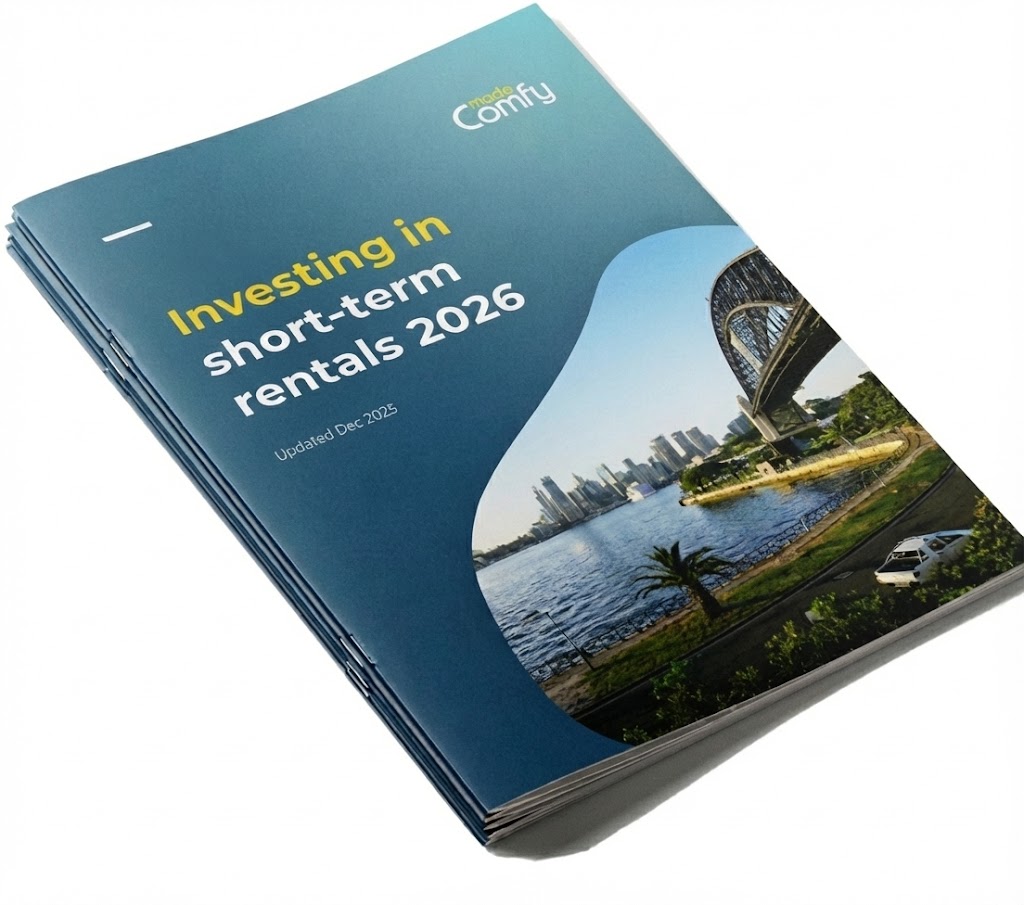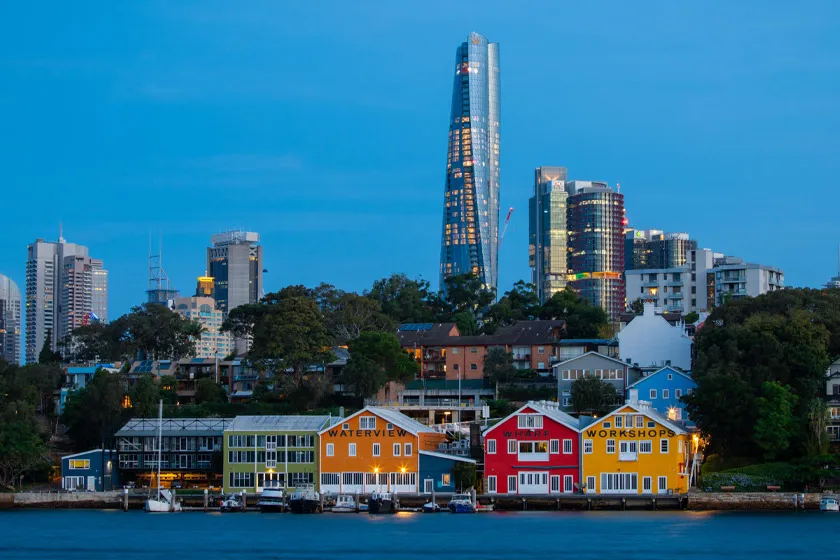The future of short-term rentals

MadeComfy Co-Founder and Co-CEO Quirin Schwaighofer presented the following talk at the ITB Asia 2020 Travel Trade Show in October this year, on a prediction for the short-term vacation rental market in the future.
Watch the full video presentation below.
The period between 2007/2008 were pivotal years in the short-term rental industry, due to three key factors that occurred:
The evolution of short-term rentals
.png)
Firstly, the Global Financial Crisis hit the world by surprise, people lost their jobs and savings or they feared losing them, prompting a large scale shift to saving costs (travelling on a budget) and finding new streams of income, such as renting out spare rooms.
Secondly, the launch of the iPhone heralded the beginning of the mobile age, enabling users to access the internet from anywhere and perform previously complex tasks on a mobile device such as making or managing a booking.
Finally, the launch of Airbnb created trust to book the homes of strangers with intuitive design and building a strong online community through the power of its brand.
These 3 catalysts caused an incredible period of growth driving global booking revenue of short term rentals to $107 billion, making it the second largest segment of the accommodation industry after hotels.
Global market size ($B) of Travel accommodation sectors in 2018

To “Airbnb” became a verb and other platforms like Booking.com and Expedia placed an extraordinary focus to better advertise this industry to their user base.
The whole accommodation industry kept growing, until global travel came to a standstill in 2020 with the Coronavirus pandemic.
This is a new catalyst driving three key changes from individuals and businesses.
New industry change catalysts

At the same time, we are seeing new technology in hardware (remote and contactless entry solutions), AI and cloud based software enabling more scalable property management solutions, driving lower costs and greater automation of routine tasks.
When looking at the impact of the pandemic, coupled with current technology trends, we can see the difference between how hotels and short-term rentals are positioned to cater to the needs of travellers post-2020:

Hotels benefit from the perceived cleanliness of rooms and professional service they have been perfecting over the last decades. However, what restricts them are small spaces with no space to cook, dine and work from. All of that is important for travellers staying for several days. There are also safety concerns around crowded lobbies, elevators and restaurants.
Short-term rentals on the other side benefit from the natural design of the properties with space to relax, space to cook and dine, space to work, and a private space to sleep.
Short-term rentals are also spread across large areas, allowing you to book a place as close to your final destination as possible, minimising public transport and other exposure to crowds.
The downside of short-term rentals however are inconsistent service delivery and a lack of clear service standards.
When we take this into consideration, it is clear the opportunity for short-term rentals post 2020 lies in the ability to create trust in health & safety and consistent execution.
The future of short-term rentals

When we look at the complete value chain of short term rentals and how they fit into the COVID-19 affected travel world, we have 3 key pillars:
- By nature the design of the properties are tailored to the new needs of travellers.
- Thanks to Airbnb, Booking.com and Homeaway, it is easy to book a short-term rental and people trust the process.
- Now the last missing piece is in creating the trust in health and safety and consistency of execution and quality.

When we look at the evolution of short-term rentals again, we know that before 2007 it was a very scattered industry.The GFC, the smart phone and Airbnb created an unfair advantage in 2008 and significantly increased the total addressable market of short-term rentals,When we look at the future of short-term rentals, COVID-19 and smart tech can lead to another significant increase of the total addressable market of short-term rentals.As Airbnb did in 2008, new evolving short term rental brands have the opportunity to drive this growth, if they manage to standardised the experiences and implement the right smart technology.


























